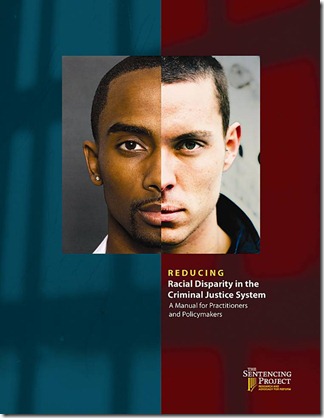The following is an article from the CURE newsletter.
Dear Friends, about five years ago, I received a call from Robert Perkinson requesting an interview concerning CURE’s work in Texas which began in the early seventies. Robert was beginning to write a history of theTexas prison system.
During these five years of research and writing, Pauline and I met with Robert and we communicated perodically through email and phone calls.
A few weeks ago, his book called Texas Tough:The Rise of America’s Prison Empire was released. Below is one of the reviews.
Robert sent us the book before it was printed and we have both read it. The documentation and writing is flawless. In fact, because of Robert’s clarity, the structural violence, racism and classism of how the people incarcerated were treated overwhelms you that much more!
It is a difficult read, but one that is very informative and inspiring at times. Go to Amazon.Com or ask for it at your local library. If they don’t have it, ask them to order it. Charlie
From the March 1, 2010 issue: Although the American prison system is based (somewhat) on the principle of rehabilitation, it still retains, Perkinson says, powerful elements of one of its original influences: retribution. By way of explanation, he examines the country’s “harshest, largest penal system,” that of Texas, the state that “reigns supreme in the punishment business.” (In one city, Huntsville, almost half its population is in prison and another fifth works in jobs related to keeping them there.) Perkinson explores the history of the state and its penal system, showing how retribution, at least as much as rehabilitation, played a key role in the system’s evolution; and, by extension, he sheds light on the evolution of penal systems across the country. The American penal system, he argues, is very much a product of its southern influences (and, as a sure-to-be controversial corollary to that, the racial imbalance of its prisoners is a kind of backlash against the civil rights movement). A fascinating and often deeply troubling book.
–David Pitt
Texas Tough May be ordered HERE.
